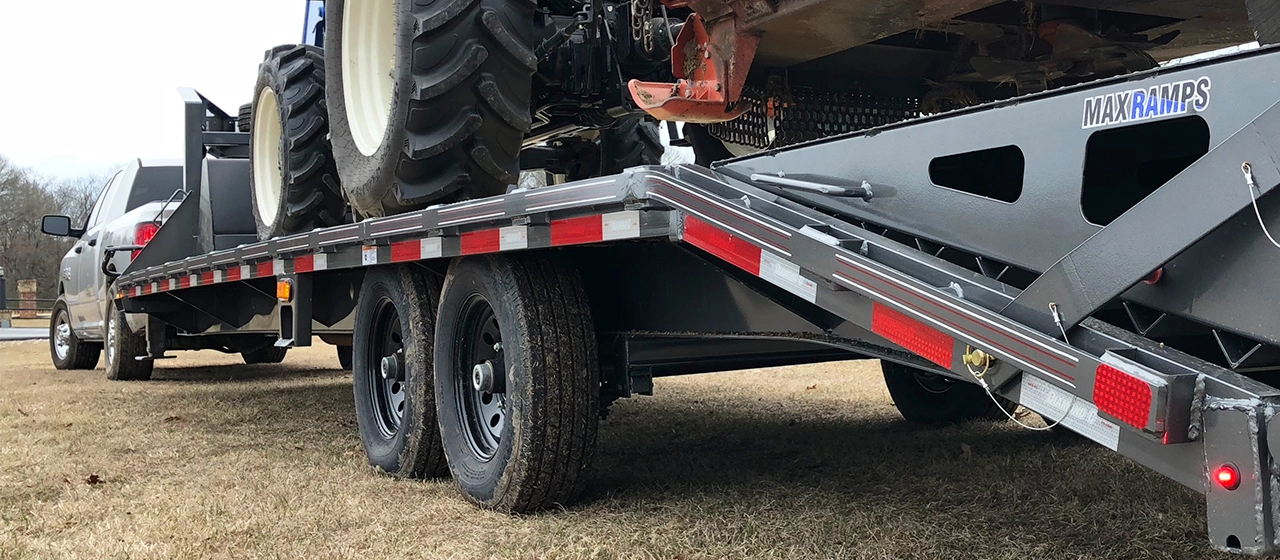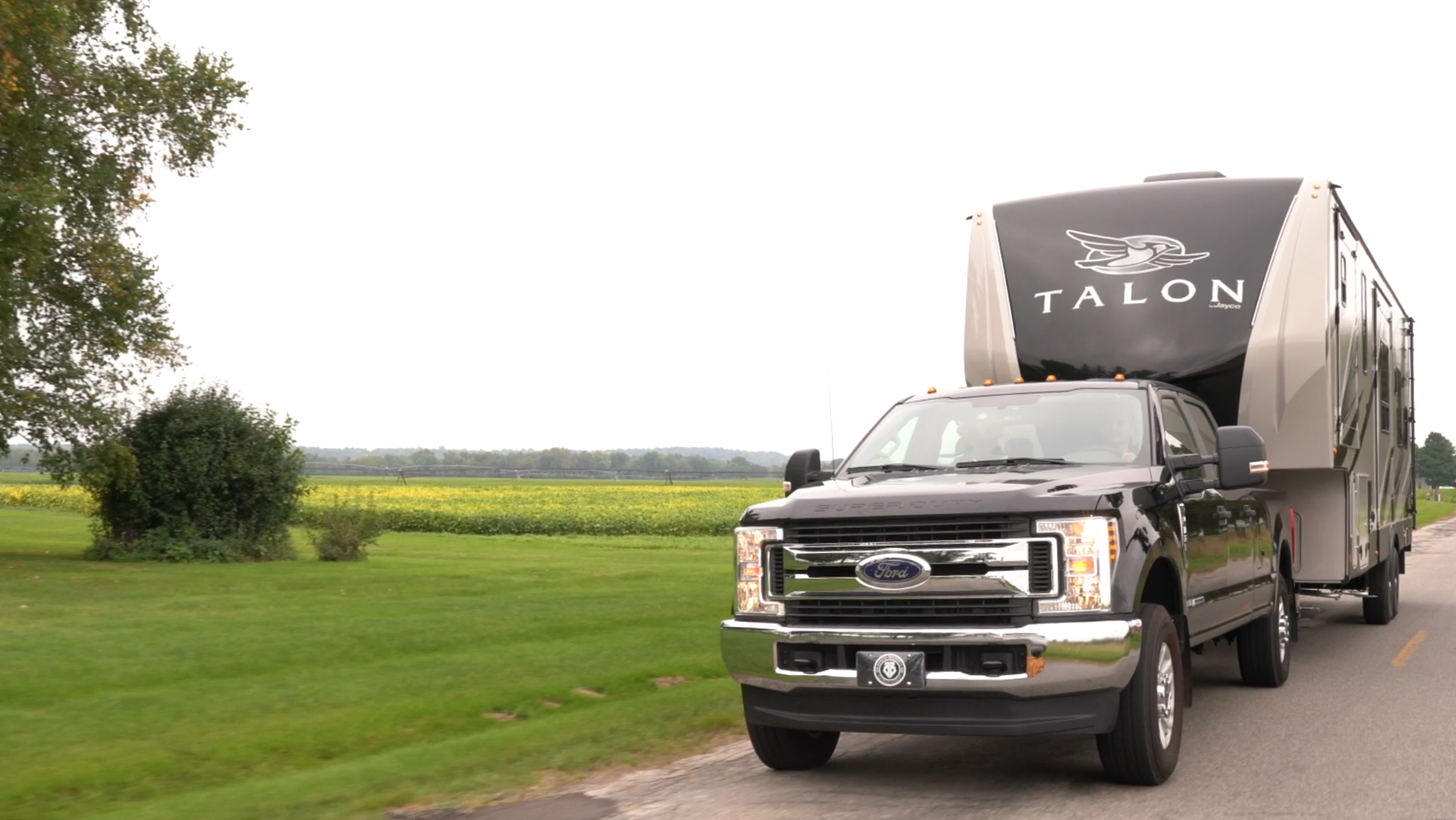GVWR is a described, but when attached to the tow vehicle some of that weight is applied to the tow vehicle and not to the trailer.
Ponder this typical RV sticker.
My 2K lb bare Quality Trailers 7K gross utility trailer is also rated at 6K lbs payload with 1,000 lb tongue weight applied to tow vehicle.
It's what weight is applied to the scales while attached to tow vehicle that's legal. When you get weighed, it's all about axles. You do not separate the trailer to get weighed.
Yep. Your still wrong. I'm done.
View attachment 695497
After admitting I was right about the way a GVWR is defined, you change the discussion and end with I am wrong. You're really funny.
It seems we agree that the definition I used and explained in one of my posts (that you quoted) is the actual definition of the GVWR. Since that didn't go how you wanted, you would now like to discuss the different subject of how DOT inspections are handled. Okay.
First, we have to acknowledge there are different official levels of inspections and there are enforcement efforts that may only look at a part of what goes into any specific inspection level. Of the Levels, Level 3,4, and 5 are most commonly done.
Some reading on the inspection Levels:
All Inspection Levels
Second, we have to look at what the purpose of the inspection or traffic stop was. Speeding is going to start differently than a stop based solely to do an inspection. To stay certified, inspectors need a certain amount of inspections, per quarter. Whether they are "into doing trucks", or not, will likely determine how much interest they have in drawing it out to check things.
After a stop of any kind, where the vehicle requires licensing beyond a standard Class C (other States use other letters), LE may need to check the GVWR's to see what DL is required. If it's not obvious, a determination of commercial or personal use is needed, to make sure the DL is correct. Beyond the DL and registration requirements, the GVWR is not listed in any Kansas Statutes, that I have seen. I can't speak to the other 49 States or any municipalities that choose to have more strict laws, except to state that Kansas law pretty much just follows the Federal guidelines. Many believe this means there is no enforcement action that can be taken against someone who has a trailer loaded more than the GVWR. It is possible for a LEO to present a case that going above what the manufacturer states is safe, ie the GVWR, is Reckless Driving. Now, do a lot of LEO's have the trailer unhooked, to weigh it, independently? No. Do some? Yes. The driver doesn't get to choose what is inspected, the LEO does. A lot of it has to do with where the stop location is, in relation to a certified fixed scale. Portable scales are a mess to try to find an unhooked trailer's weight. On a fixed scale, it's easy. LEO's can only make you drive a certain distance, to a certified fixed scale.
Since you changed the subject and want to talk about DOT enforcement and inspections, let's look at how most of them are done. Assuming it isn't a Level IV (looking for one particular problem, often dipping tanks looking for the dye used in off-road diesel, but can be any other specific issue), if the DL is good, most cops look at the tires and axles. I believe this is what you were alluding to. Frankly, from a likelihood to get away with it standpoint, you are right. From a what is actually correct standpoint, you are wrong.
Most LEO's will stop looking if some basic things are correct: DL, insurance, registration, tires, axles, coupler and hitch assembly. That last one is what gets a lot of people. I'll use my Diamond C dump trailer, as an example. It has a GVWR of 14,900 lbs. Both axes are rated at 7,ooo lbs, each. The coupler is rated at 15,000 lbs. As long as the weight of the trailer and load alone are under 14,900 lbs and the load spread where neither axle is holding more than 7,000 lbs, everything is good. Now, let's say you loaded it way too tongue heavy. It's possible to load the trailer front-heavy, keeping the trailer axle weights (and tires) all under their ratings. Let's say the trailer and load weighs 15,500 lbs. You're over the GVWR and the coupler rating. Most manufacturers only provide enough coupler rating to barely cover the GVWR. Playing the odds, you'll probably get away with it, but it still isn't legal or safe.
Criminal court is one thing. Civil court is a whole different animal. In the event of a fatality collision, the following investigation tends to be quite thorough. Even if you aren't criminally charged with stuff, there is not much to stand on, when you ignore manufacturer ratings. Unfortunately, you can have everything within limits and legal and still lose your butt, in civil court.
From your posts, in response to me, it seems you're the type who thinks speaking the loudest or saying the last thing makes you more correct. It's interesting that after you change the subject, you say you are going to be done. People who function that way are rarely capable of being reasonable. I expect any response back will be curt and devoid of anything meaningful. This post is more for others who are reading.







